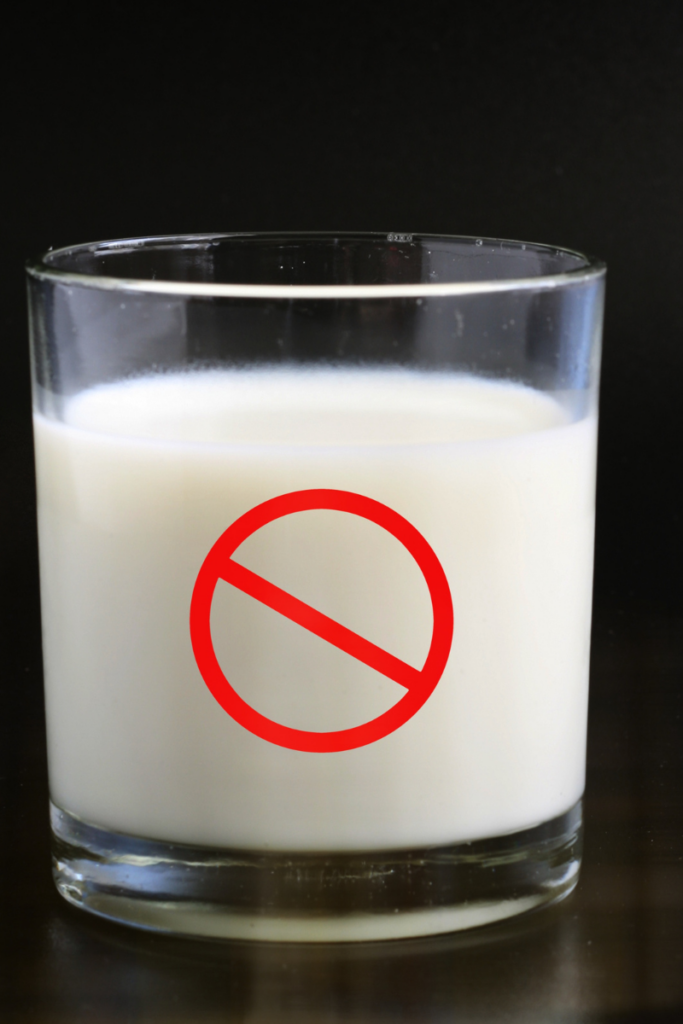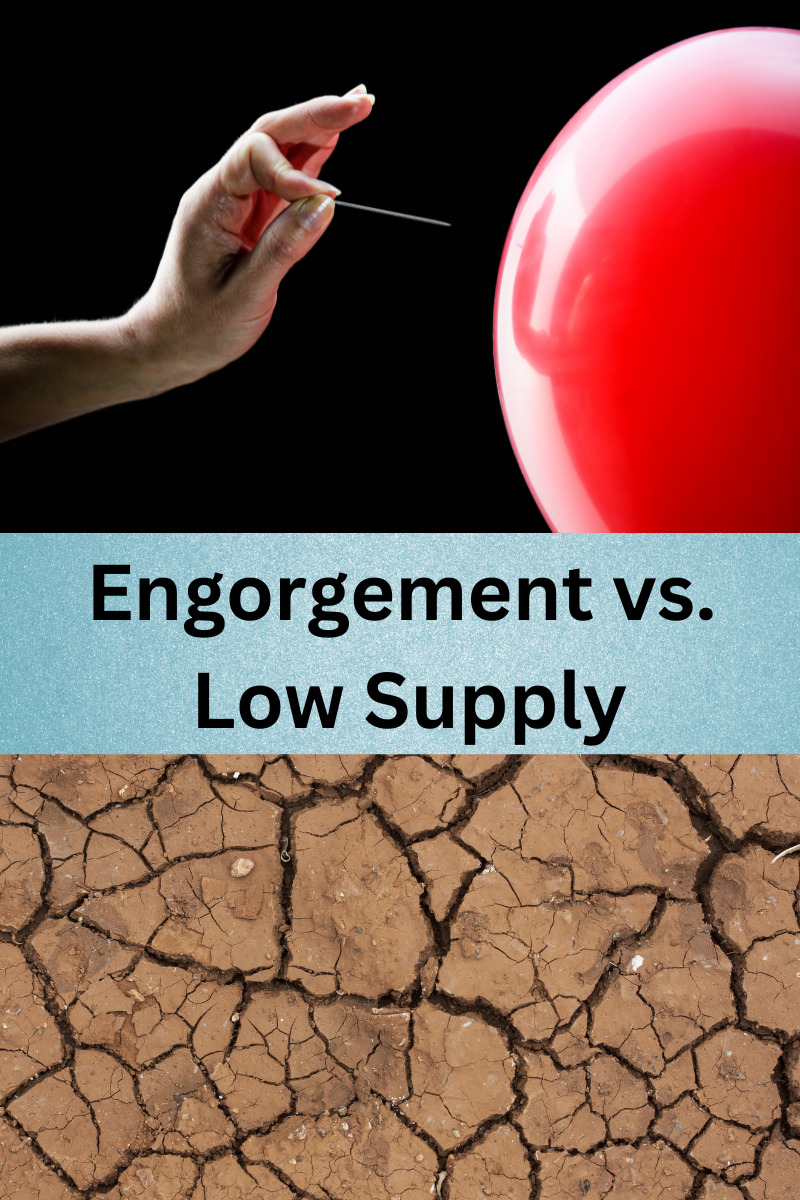Do you ever notice that one of your breasts feels more full than the other, even engorged? Or maybe you have experienced the opposite and one of your breasts is just not giving enough. I have experienced both engorgement and low supply. In the very beginning of nursing, and when my son first started sleeping through the night, I experienced engorgement.
What is Engorgement?

Engorgement is the increase in size and uncomfortable swelling of your breasts, usually in the beginning days of breastfeeding. This occurs when there is an oversupply of milk. Left untreated it can restrict fluid drainage and cause intense aching and pain. It may also lead to clogged ducts, which can further lead to mastitis.
What is Low Supply?

Low supply is when one or both breasts do not produce enough milk for the breastfeeding baby. A number of factors can lead to low supply including a few rare medical conditions, drinking too much alcohol, dehydration, lack of sleep, poor nutrition, not feeding the baby often enough, or not feeding on the affected side enough.
What Can I do When Engorgement or Low Supply Happens?
There are similar treatment options you can try to help treat engorgement and low supply. Here are a few tricks that have worked for me!
Relieving Engorgement
- feed your baby on the affected side until it is soft, then move to the other side
- feed on the affected side first so baby finishes that side
- ice and ibuprofen for pain
- take a warm shower and gently hand express (be careful not to over-express)
- use a haaka silicone pump to help relieve some of the fullness in the affected breast (it gently pulls milk from the affected breast without “pumping” it)
- try to avoid pumping as this may do the opposite of what you need and increase your supply
Reversing Low Supply
- feed your baby on the breast with the low supply first to help with let down and encourage milk flow
- pump on the side with low supply
- make sure your baby is latching effectively (if you are unsure, connect with a lactation consultant at your pediatrician’s office)
- get enough rest (I know you are laughing at this one)
- make sure you are eating enough nutritious foods (try my favorite lactation energy ball recipe)
- reduce stress by exercising, sleeping and talking about what is causing stress (most insurance should cover counseling for postpartum depression for at least a portion of the year post birth)
- relaxation and massage can help with let down
Additional Resources
- https://www.chop.edu/pages/breast-engorgement
- https://www.laleche.org.uk/engorged-breasts-avoiding-and-treating/
- https://www.medela.us/breastfeeding/articles/breast-engorgement-treatment-to-comfort-mom
- https://kellymom.com/hot-topics/low-supply/
- https://www.medela.com/breastfeeding/mums-journey/low-milk-supply
- https://wicbreastfeeding.fns.usda.gov/low-milk-supply

View comments
+ Leave a comment